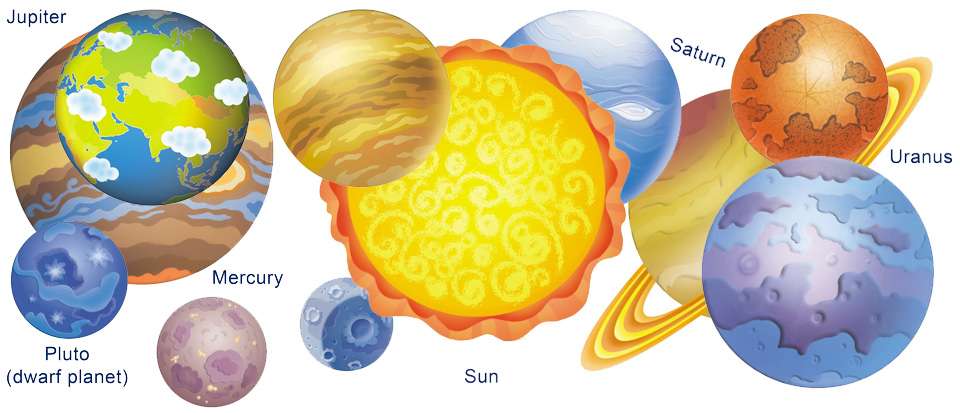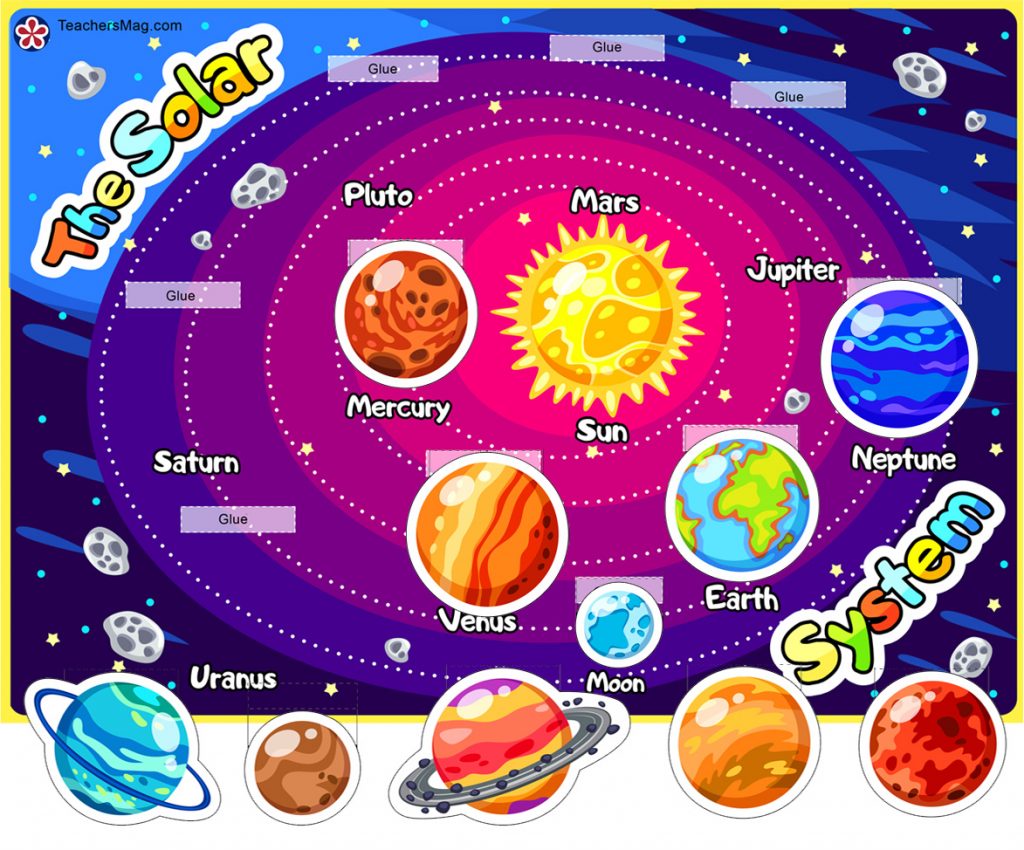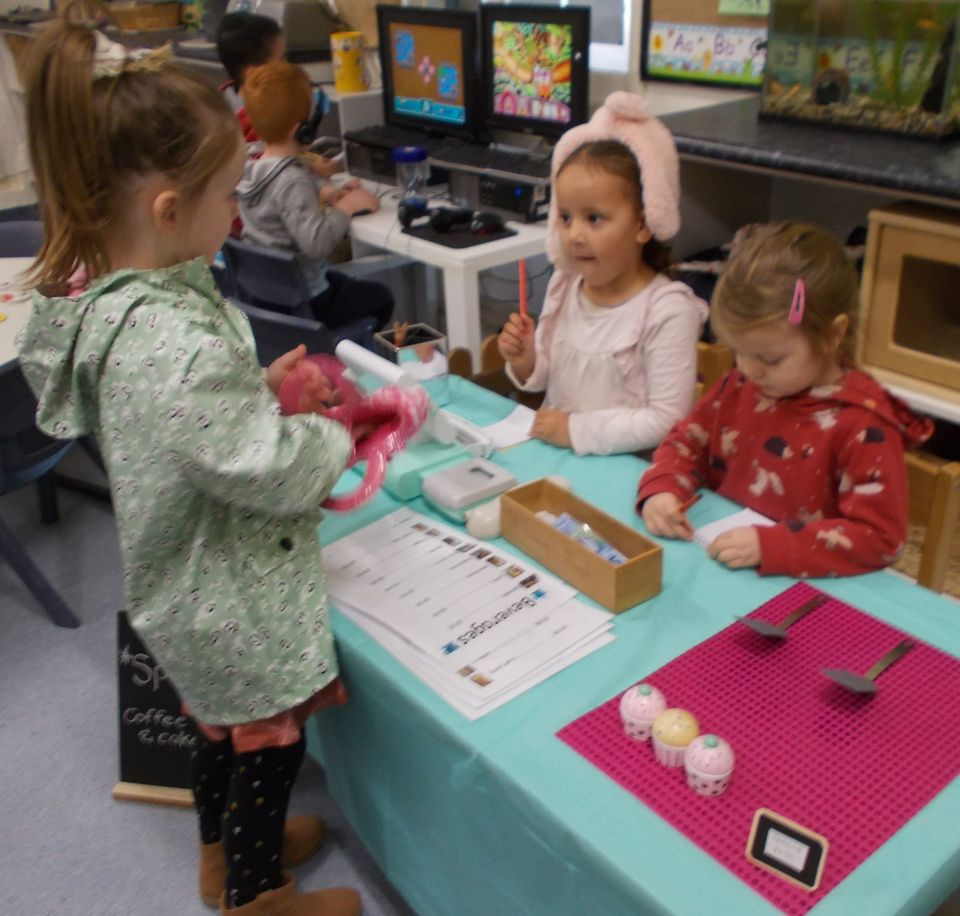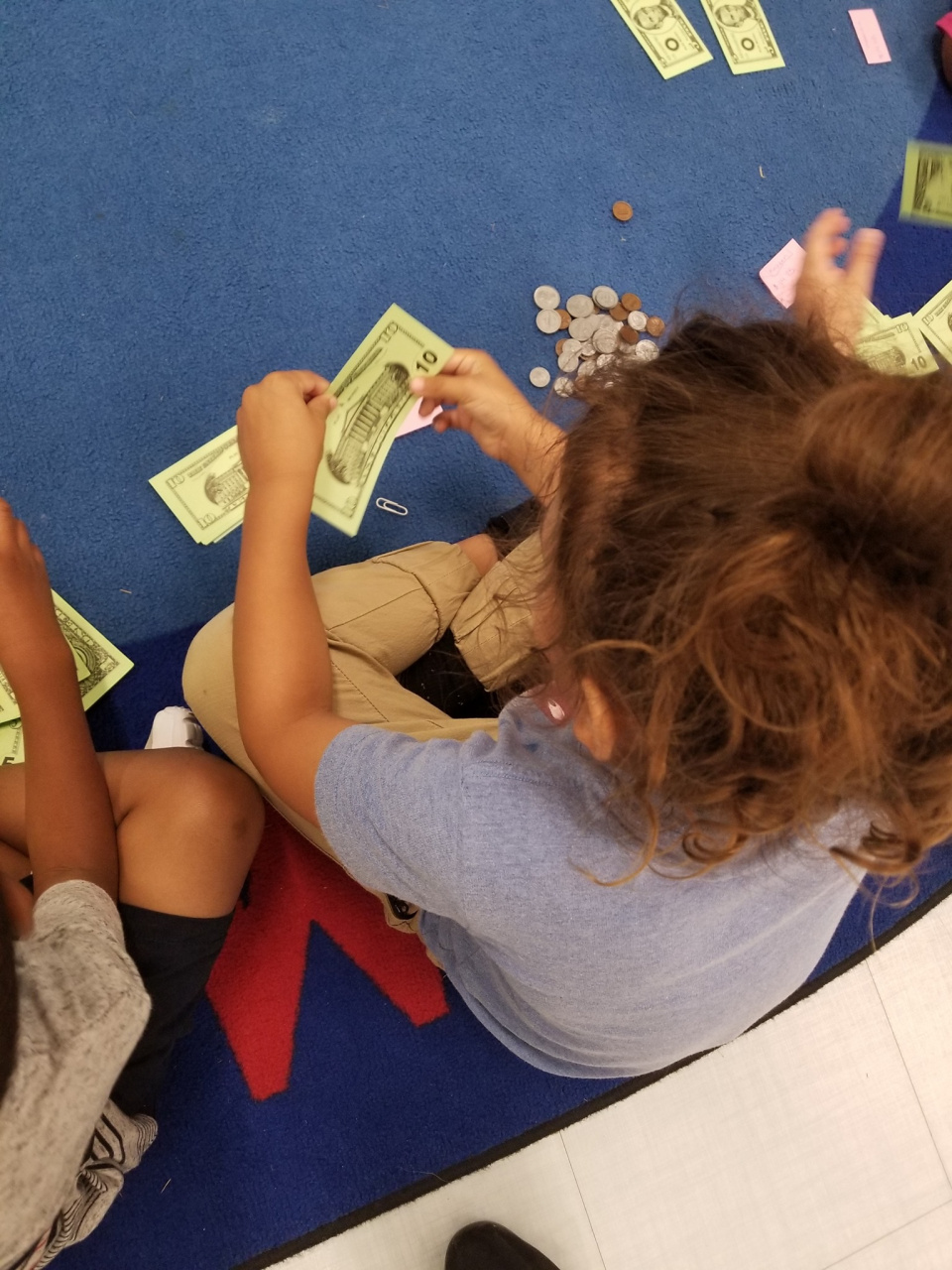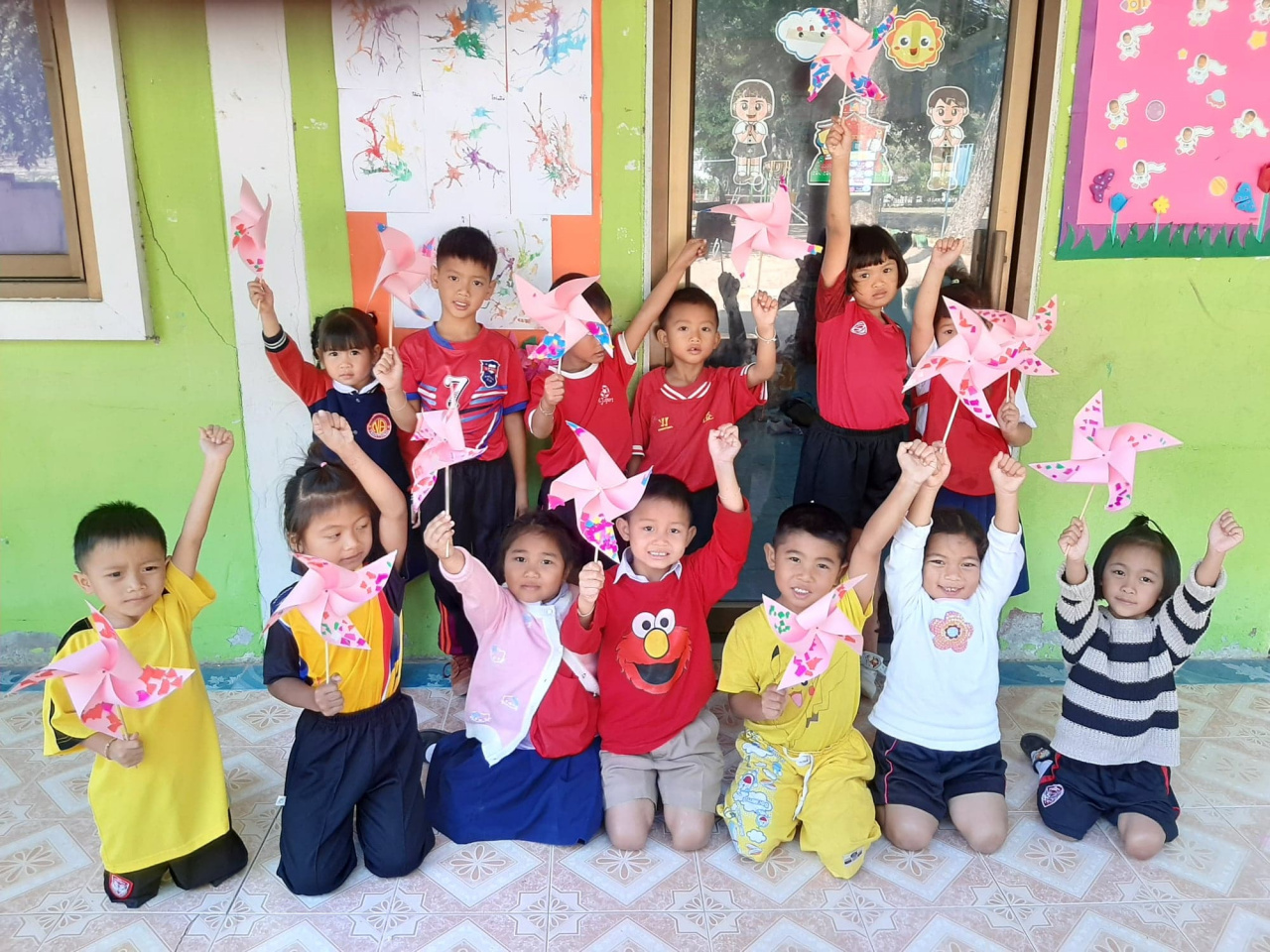Monica Berns-Conner
Why the Education System Needs to Change to Support Struggling Readers
Special Education students and English as a Second Language (ESL) students receive accommodations and supports in the classroom as required by federal law. This includes additional assistance in literacy in reading. But what about the many students who do not qualify for services and fail to read on grade level year after year? Maybe the student has recently moved, is dealing with divorced parents, or just never learned to read. In my experience, and with many conversations with students over the years as a reading teacher, the reality is often much harsher and more serious. Today, our students are dealing with a tremendous amount of emotional distress and trauma in ways that are almost too painful to discuss.
Why are these students falling through the cracks? Are they any less in need than a student born with a disability or a student acquiring English as a second language? The support should extend to ALL children struggling to learn to read.
Reading is a life skill and the foundation for all other learning. It has been said that when you teach a child to read, you are gifting them “a second pair of eyes.”
Although education today has many technological adaptations such as tablets, videos, and computers, students are still required to read to ensure success in all areas of academics. Let’s face it, even to understand the ingredients of foods or to understand roadway signs requires the ability to read. So why is it that grade-level reading is only 64% among sixth-graders nationwide? As a reading interventionist for many years, I have had my suspicions.
As teachers, we are given professional development of intervention programs like Multi-Tiered Systems of Support (MTSS) and Response to Intervention (RTI). We are expected to implement these programs after students reading disabilities have persisted over time. It is not until reading has presented itself as a problem clear enough to go no longer unmissed. Despite this, researchers argue that early detection and early intervention for reading difficulties is vital. But with unrealistic curriculum demands, administrative pressures, and limited resources, teachers are not equipped to serve students who struggle in reading. Not to mention the lack of teacher preparation on reading acquisition.
Addressing Common Misconceptions About Teaching Reading
Did you know reading is NOT a natural process of the brain? In other words, most students require explicit and systematic (chronological) teaching to become proficient readers. For centuries and until the 20th century, people commonly believed that reading is acquired “naturally” when the opposite is true. Unfortunately, in my experience as a reading teacher, some educators still think this is true today.
Dyslexia and Intelligence
Another common misconception is that an individual's inability to acquire reading through traditional measures directly reflects their poor intellect. The fact is that individuals with dyslexia can learn to read with non-traditional strategies such as multisensory reading. And in many cases, individuals born with dyslexia have higher than average IQ. Also, the uniqueness in individuals with dyslexia's neurology allows them to accomplish things a typical person could only dream. Most of our inventors, artists, creators, and builders are known to have dyslexia: Richard Branson, Benjamin Franklin, and Albert Einstein struggled to read their entire lives, had terrible marks in school, and were constant behavioral problems for their superiors. Yet, yes, they are among the world's most respected inventors and scientists today.
Reading and Children of Poverty
A recent study by Odegard et al. (2020) found that 95% of Title I students are below grade level in reading. This staggering statistic sheds light on the disproportionality between children in poverty and access to quality education. Dr. Odegard attributed this disproportionality to the overpopulation of Title I schools, a lack of resources, and a lack of teaching time. As a former Title-I educator, I experienced this firsthand. I can remember the days of teaching through my lunch and planning period and working until 9:00 PM still to feel that my students needed more help. Administrators would walk in and ding me on my evaluations for not keeping up with the curriculum pacing when half of my students needed to be retaught material due to non-independence in reading. It is unrealistic demands such as this that contribute to the many reasons why our education system needs to change to support struggling readers.

